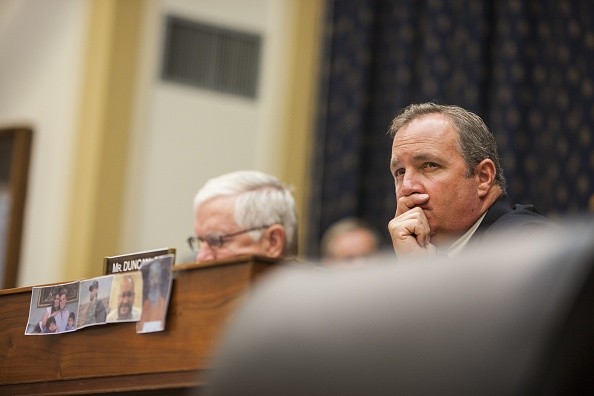The first batch of more than 40,000 federal prisoners with reduced sentences, approximately 6,000, will be out of prison at the end of this month based on a directive by the justice department officials.
The United States Sentencing Commission has set Nov. 1 as the deadline for the release making it the first batch and biggest single release of the federal prisoners in the history of the U.S.
The move to release these convicts is in line with the Obama administration's objective to reduce the number of drug offenders inside American prisons, where the commission voted to reduce drug sentences by two years on average, likely affecting about 46,000 of 100,000 cases.
Almost a third of inmates to be released are foreigners set to be deported. The rest will be put in halfway houses or under house confinement with a probation officer supervising them post-release.
According to Los Angeles Times, Sentencing Commission spokesman Matt Osterriender said that an extra 8,550 convicts will be eligible for the same release in 2016, although not all cases may be approved.
The new law, which will cover just some 200,000 people in federal custody, does not cover state prisoners.
Speaking to The Wall Street Journal, Mary Price, general counsel for Families Against Mandatory Minimums, said that the decision is "long overdue."
Price argued, "We are very confident this is the right thing to do and the public is not going to be unduly harmed by these releases.
She added that if they were sentenced today the affected prisoners would be subjected to relatively shorter terms of imprisonment. However, some agencies expressed their doubts about the decision and how it would worsen the rate of criminal activities in major cities.
The president of the Federal Law Enforcement Officers Association, Jon Adler, pointed out that the move is "violent by virtue of the drugs" the prisoners sell, which is definitely in line with the increase in crimes and mass shootings. Adler referred to the move as a "fatal mistake" that a "larger American graveyard."



























